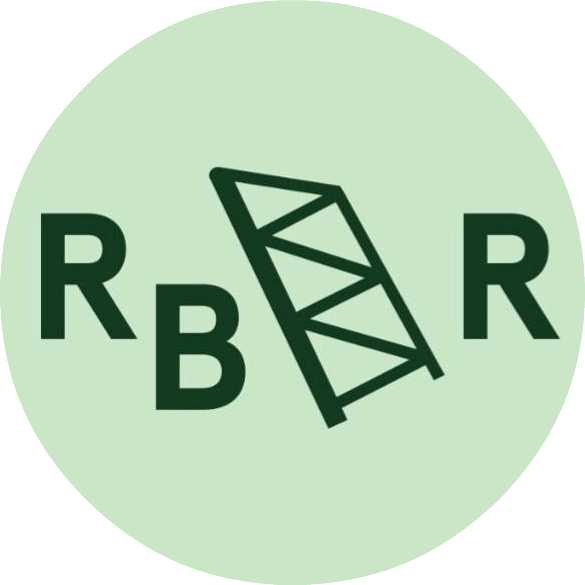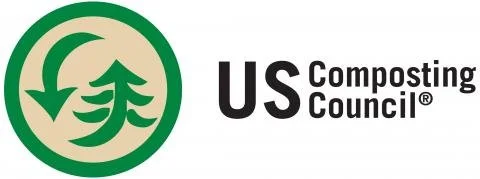Lisa Curll, Business Analyst at Dominion Energy
I don’t know about you, but generally the only time Dominion Energy enters my consciousness is when my gas bill comes in the mail. Yet another giant corporation that wants my money every month, right? Or at least that’s what I thought before I sat down with Lisa Curll, Senior Business Performance Analyst for Dominion Energy.
Yes, Dominion Energy is a large corporation. Over 21,000 employees working at over 250 office buildings in 18 states to be exact. “We do electric and natural gas, we do transmission and distribution, and we do renewable electricity and natural gas. We have hydro, we have solar, we have wind; we are just starting the first off-shore wind in the mid-Atlantic. So we're really on the forefront of being more sustainable and more renewable,” Lisa says.
Lisa works with Dominion Energy’s Facilities Management Group, which oversees the office buildings where employees work every day. “I love workplace development, and I'm focusing on office sustainability right now,” she says. Generally, office sustainability initiatives have aimed to incorporate more energy efficiency into their office buildings: think LEED-certified buildings, with LED lights and low flow faucets to reduce water use.
But Lisa noticed that they were “still generating a lot of office waste that goes to landfills that doesn't have to. Last year, we began expanding our office recycling programs. And I thought, if we're already working on recycling programs, why don't we look at organic waste, like food waste, too,” she said. At that point, Lisa had already known the guys from Rust Belt Riders for a few years, and wanted to find a way to work with them. “I had a chance to catch the ear of some high-level executives, and I told them, ‘I have these friends who do commercial composting, so we could pilot the program here in Cleveland.’ We started the program here last year, and it’s just really grown since then.”
She’s not kidding. Lisa worked with her on-site Cafeteria Manager, Al Gron, to get their initial pilot off the ground, which launched in April 2018 and included waste generated from the back-of-the-house. Not long after, they expanded the composting operation to include all of their coffee stations, and by August they added front-of-the-house composting in their cafeteria. This was the first time Rust Belt Riders had worked with a company to engage a whole workforce, and so minimizing contamination was a serious concern.
“Most of our coffee waste was already compostable. Obviously the coffee grounds would be, but we also switched to compostable cups and wooden stirrers. We're currently in the middle of transitioning to all compostable packaging in the cafeteria. Many people who get their food in the cafeteria will take it and eat at their desk, so we're adding centralized places on each floor where employees can come and throw away their organic scraps.”
But it doesn’t stop there. Rust Belt Riders recently launched a new soil line, Tilth, that is made using the food scraps that they collect from Dominion Energy and other clients. One of RBR’s employees, Jeff Thaler, also happens to be busy launching his own aquaponics business called Lettuce Tree Farms, and he uses Tilth Soil to grow beautiful microgreens. One of Lettuce Tree’s first clients was, yep, you guessed it, Dominion Energy’s cafeteria. They also purchased order number “001” of Lettuce Tree’s vertical plant systems for their cafeteria, which in addition to being pleasing to the eyes, also helps to purify the air and is grown in Tilth soil. “We’re really passionate about supporting innovation, and aligning Jeff’s innovative plant system with our sustainability program just makes sense,” Lisa explains.
Lettuce Tree Farm’s Microgreens
These are exactly the types of cycles we would love to see more of in our food system. The good thing about Dominion Energy having offices in a number of states is that people like Lisa Curll, who push these ideas forward in their home offices, also have opportunities to scale them nationally. Through her position in the company-wide Facilities Management Group, Lisa has been able to establish similar programs with Dominion Energy employees in other cities.
“We launched at our headquarters site in Virginia in October of last year,” Lisa explains. “And then in Salt Lake City this spring, we'll be launching a relationship with a biodigester facility. Their cycle is really cool: They're capturing the methane from the food waste as well. Natural gas is mostly methane, so after some additional processing, that product will flow through our Dominion Energy Utah pipelines as renewable natural gas,” she says. “I’m really fascinated by our renewable natural gas initiatives – I love that we’re not only helping to divert methane from entering the atmosphere, where it’s a harmful greenhouse gas, but we’re also converting it to a useful product that can be reused to heat homes or fuel stoves.”
“By midway through this year, we should have organic recycling programs in five different offices, touching over 3000 employees, and diverting, hopefully, somewhere around 50,000 pounds of food waste a year or more. And it all started from this tiny little account with Rust Belt Riders.”
Just for the record, I no longer resent receiving my gas bill.





